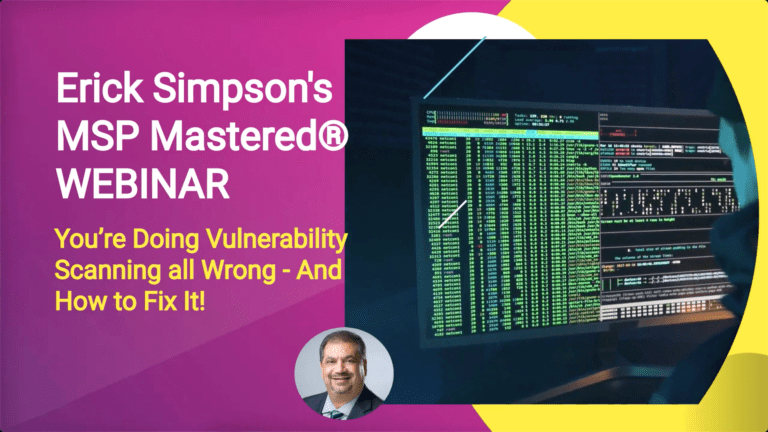Perfecting the MSP Service Dispatch Process
In this context, the service dispatcher participates in your service delivery incident lifecycle management processes, and schedules and assigns resources to address incidents and problems experienced by the clients and users you support; whether technical support is delivered remotely or onsite at a client’s location or elsewhere, such as at a datacenter.
The service dispatcher manages your incident response and escalation processes to ensure that technical support is delivered within your established SLAs, and uses your preferred software management tools and established processes and procedures to execute their role during technical service delivery.
Day to Day Service Dispatcher Responsibilities Include:
Manage Scheduling of all Technical Resources
- Coordinate and manage the scheduling of all technical resources, including service desk, NOC, and onsite or field service personnel
- Ensure that aEnsurehnical resources are effectively utilized to maximize efficiencies and productivity
- Manage workload among service delivery technical staff to ensure appropriate and effective distribution and load-balancing of services to meet SLA
- Fulfill Single Point of Contact (SPOC) role for all service delivery technical staff for communication, status reporting, and support, whether service is delivered via remote or onsite support or conducted remotely or onsite
- Manage and maintain consistent, regular communications with service delivery technical staff with special attention paid to onsite and field-dispatched resources to obtain status as it pertains to existing scheduled service completion time and its effect on follow-on onsite service appointments
- Set and re-set onsite client expectations regarding onsite and field-dispatched resource arrival time based on ongoing status updates from the field and reschedule onsite service with clients as needed based upon priority and resource availability
Continuously Monitor General Service Board to Identify New Requests
- Identify new service requests
- Contact requestors for lacking or needed information in order to properly log/document requests
- Classify new service requests based on device, application, or service issue and degradation level along with impact – entire organization, department or business unit, single user, etc.
- Prioritize new service requests based upon SLA
- Assign new service requests to appropriate queues or individual resources
Continuously Monitor Individual Service Boards or Queues to Maintain SLAs
- Identify service requests at risk of missing their SLA
- Re-assign and/or re-prioritize service requests to other queues or individual resources to meet SLAs
Continuously Manage and Conduct Consistent Communications to Keep All Affected Parties Related to Service Requests Apprised of Status
- Ensure technical service staff maintain consistent incident management activity logging/documenting in PSA/trouble ticketing solution and deliver timely status updates and communication with affected parties per provider’s policies
Manage Reporting for Effective Service Delivery Performance
- Collate data and information to provide performance reporting on service delivery resource utilization, incident management performance, scheduling, adherence to SLA, and staff and client satisfaction
Conclusion
An effective service dispatch process will:
- Help ensure adherence to published SLAs
- Improve staff morale, efficiency, effectiveness, utilization, and profitability
- Increase client satisfaction
- Provide performance measurement and visibility
- Allow scaling of services more effectively
Erick Simpson built and sold one of the very first MSPs in the industry and co-founded MSP University, where he grew and coached a channel of 30,000 IT Solution Providers through their MSP transformation. He is the creator of the MSP Mastered® Methodology for business performance improvement that has been licensed by numerous IT channel distributors and vendors. Erick is a technology business & channel growth expert, influencer, thought leader, speaker and author with 4 best-selling books and 50 white papers to his credit, and he co-hosts the ChannelPro 5 Minute Roundup Podcast. He builds channel improvement programs for IT distributors and vendors, and his consultations help IT organizations overcome business challenges to realize rapid, profitable growth. Erick’s industry recognition includes Channel Futures’ 7 Thought Leaders Defining the MSP Market, Jay McBain’s 100 Most Visible Channel Leaders, 2 Time ChannelPro 20/20 Visionaries, 2 Time MSP Mentor 250 and SMB Nation’s SMB 150 award recipient. https://www.linkedin.com/in/ericksimpson







